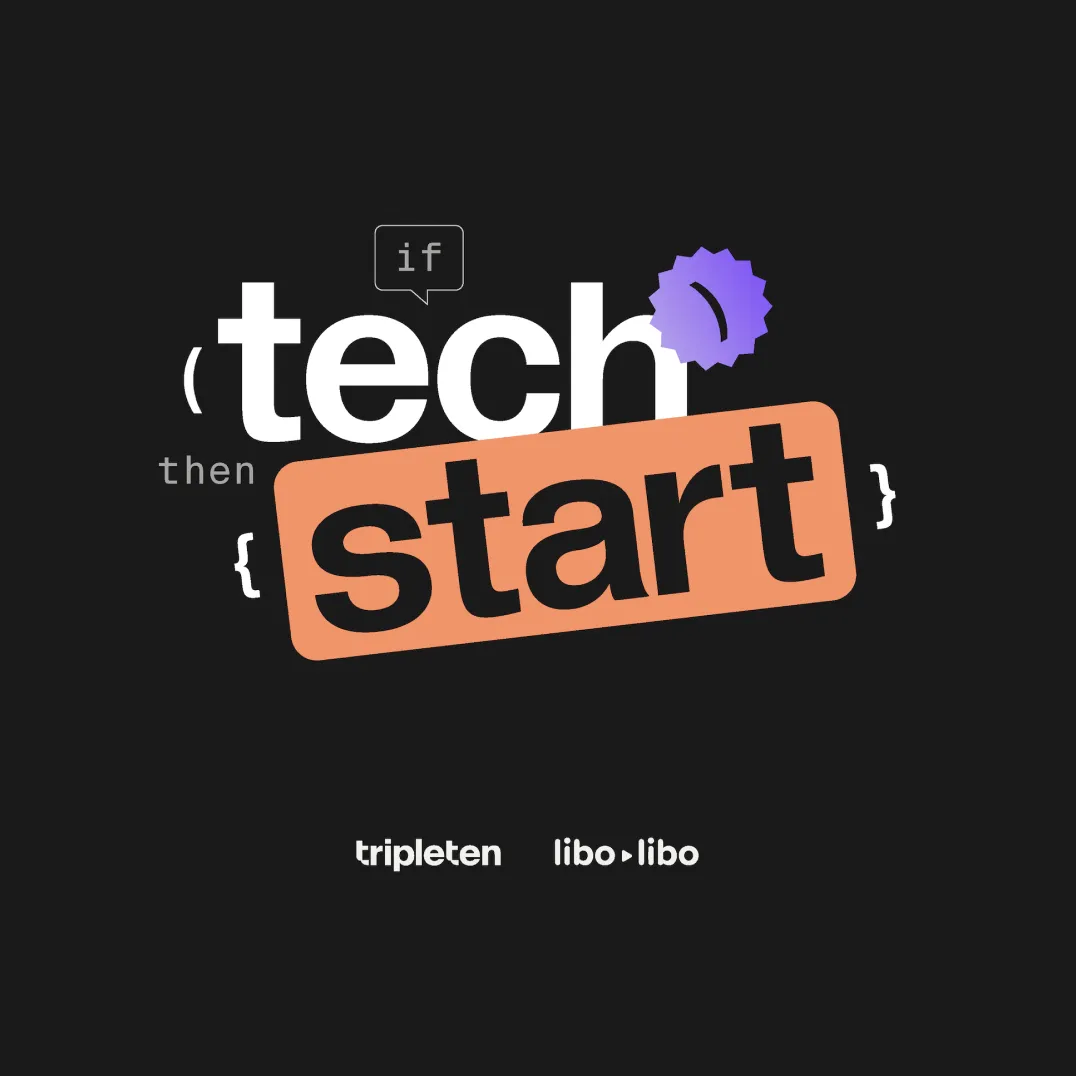Five years ago, Rachelle Perez worked for a company that sold sightseeing tours along the New York City harbor. She knew she wanted to grow and explore data, but the firm had nothing to offer her. Now, she’s a data scientist at Spotify.
This is how she went from a pierside job to a career helping people find their next favorite listen.
Where she started

In 2019, Rachelle had already been working in tourism for a decade. Over that time and at three separate companies, her job had mostly been about building and improving the processes tour resellers used for group bookings.
That wasn’t what moved her, though. “I was most excited about the operation side of the business: how to make bookings more efficient and how to reduce customer friction. I was interested in data, and I would unknowingly incorporate it,” says Rachelle.
“But it wasn’t my career,” she adds. See, in her company, the sort of data-driven work she enjoyed was part of a sales rep’s responsibilities as opposed to a distinct role.
Then, just two months shy of her five-year anniversary at the harbor tour company, Rachelle was laid off.
The shake-up
Finding herself cut off from the industry she had specialized in, she started looking for a new job outside of tourism, where she’d seen and experienced long hours for low pay.
I started going on Indeed and putting in vague searches to see what happened: operations, sales reports, etc. And that's when I started seeing data analytics jobs, and I was like, ‘Oh, that's the kind of thing that I want to do.’
As she kept searching, she discovered that the New York City government was sponsoring data analytics bootcamps for unemployed residents. She applied and got in. Over six months, this bootcamp gave her just enough instruction to land her an entry-level job one month after she finished the program.
As her data career continued, she started gaining more responsibility, and soon, she realized she needed a more advanced bootcamp. Importantly, though, it couldn’t be full-time, as she already had commitments. At a coding event, she saw an ad for the TripleTen Data Scientist program.
When she enrolled, she found it to be vastly different from her previous experience. “I was under the perception that I would do really well because I had just done another bootcamp. So, that was my first wake up call. I was like, ‘Oh, I definitely need this because this is not as easy as I thought it would be.’” Still, there was flexibility; within two- to three-week windows, she could learn the material and complete assignments at her own pace.
The rigor came with benefits. Reviewers checked her code and suggested improvements. “Being able to talk with professionals quickly became my favorite part of the learning. Once you do that over and over again, it becomes more of a two-way communication. I would leave comments for my reviewer, my reviewer would reply to my comments, and then I would add extra questions. So, those code reviews became a way to show that I was actually progressing.”
The new path

Another way to show she was progressing? Getting a job with a top company.
After doing her research and comparing the things she wanted to do with the tasks companies expected of her, she sent her resume to Spotify. She passed the initial screening and the technical interview, and then they sent her a take-home assignment. She had a week to navigate a purposely ambiguous task: “Here’s some data, here’s a question. Prepare a deck with an answer to the question,” she summarizes. But, because it was just like what she had already been doing with TripleTen, she aced it.
In July 2021, she started working at Spotify as an associate data analyst. “Sometimes you go into the platform, and there are these banners that tell you information, like little boxes that say, ‘Check out a new single from Adele’, ‘Check out this new podcast’. So, that's what my team does. My goal is to make sure that if we have content that you will enjoy, that we help you discover it.”
At Spotify, she has gotten great health insurance, more paid time off and sick days, and she can work remotely.
But more than all that, she says, “I’m happy with the culture. I actually probably put in less hours now than I ever did in my older jobs. I spend much more time with my son now.”
Our pitch to you
If you, too, are looking for a part-time bootcamp that will help you take your interests and skills and apply them to a new industry, then TripleTen can help. Check out the programs we offer and if you’re not sure which tech specialty to pursue, try our career quiz.



.png)







.png)
.png)
.webp)






